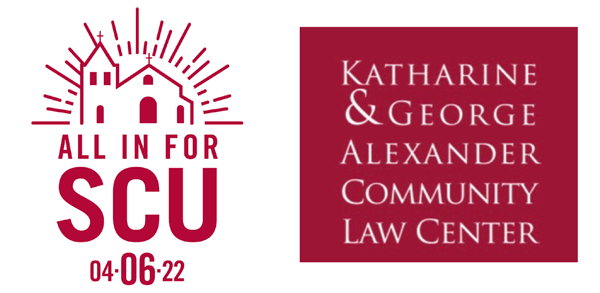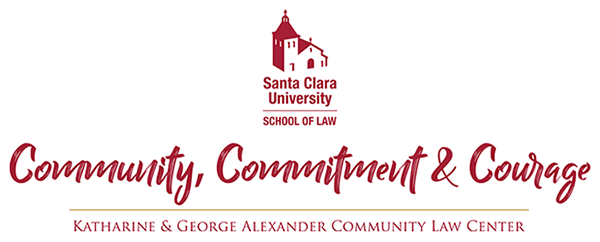|
So much to be grateful for, even as we walk through these times…The Law Center is learning, growing, and identifying ways to be more innovative and effective as we envision what’s next. Our commitment and resolve to advocate for low-income immigrants, workers, and consumers while providing a rich educational experience for law students is as solid as ever. In 2021 the immigration law practice helped over 237 individuals and families obtain DACA renewals, T and U Visas, political asylum, permanent residence (green cards), and United States Citizenship. In addition, we participated in numerous trainings and community education and outreach events; reaching many more. Words and numbers do not adequately convey the life-changing impact of the immigration practice; see below a glimpse of our work. I hope you are as encouraged and inspired as I am by our staff, students and clients. It is humbling to be alongside such excellence. We’d love to hear from you. Thank you for partnering with us, we are grateful for your support. Blessings, Deborah Moss West JD ’94 Let’s stay connected – like us on Facebook. SPRING BREAK BORDER TRIP For the past four years, during spring break, Santa Clara Law students have diligently assisted a nonprofit legal services agency serving detained adult and minor immigrants and refugees at the Arizona Border. In March 2022, five Santa Clara Law students, along with Professor Parker and Professor Abriel, participated in the Spring Break Border Service Project with the Florence Immigration and Refugee Rights Project (FIRRP). Although COVID-19 rendered the trip “virtual,” the experience was still quite impactful, with students providing critical legal assistance for detainees and their families.
The first day was intense with an overview of the mission and services provided by FIRRP, a training on boundaries and vicarious trauma, an overview of DART (Defense Action Response Team), and observation of joint case review and case management meetings. Days Two and Three included introductions to more of the Florence Project teams, including the team working on advocacy projects and the team assigned to represent detainees with mental health and competency issues. The students observed the Legal Orientation Program hotline in action. Day Four included an introduction to the team working with unaccompanied minors. Beginning on Day Two and thereafter, the students were off and running, working on assisting with legal research, calls to immigrant detainees in detention facilities to obtain more information for their cases, and country condition reports to support pro se applications for political asylum, as well as other projects. Profs. Abriel and Parker remained logged onto Zoom throughout the day to supervise the student work and answer any questions that arose. “I appreciate being able to contribute to the border efforts, even from afar. Each year, I learn and am moved by the experience,” said Prof. Parker. Thanks to the commitment and hard work of the law students and professors the 2022 Border Service Project was a resounding success. Prof. Abriel shared, “I am so grateful for this partnership between the Law Center and the Center for Social Justice and Public Service – together we can accomplish much working with community.” Join us in thanking law students Liliana Carbone, Edgar Garcia, Gabriela Arroyo, Beatriz Lopez, and Wafa Khan for spending their spring break in service to others.
What better way to learn about the immigration practice than to hear from a Law Center student? The interview below illustrates the complexity of our immigration cases and the depth of student learning. Ana Raquel Gómez-Pérez ’22 Current Law Center Immigration Practice Student Co-President | Latinx Law Student Association Vice President | Immigration Law Society 3L Representative & Co-Founder | First-Generation Law Student Association Can you briefly describe a case you handled? A major case I worked on was a derivative T Visa* application. My primary client is from a foreign country and is a victim of labor human trafficking. He is hearing and linguistically impaired and had not had the opportunity for much formal education. Although he developed a way to communicate with family, he did not have an opportunity to learn any formal language, until after he escaped from his trafficker. This presented a communication barrier when attempting to share his experience of being trafficked. When I received the case, the T Visa had already been submitted, been denied, and was pending appeal. But a recently implemented policy allowed him to include his wife as a derivative beneficiary to his T Visa. I had to move quickly to complete and file the wife’s derivative beneficiary paperwork with the USCIS to meet the deadline. I am so pleased to report that the principal client’s T Visa was approved and he has his work authorization. The spouse T nonimmigrant status is still pending and we continue to work on her case. Together, we are bringing much stability to the family. What was your experience handling cases? When I enrolled in the Law Center’s Litigation Skills class, I was very excited to begin working on immigration cases, as I had no prior experience managing individual cases like this. When I was assigned this T Visa matter, it already had a lot of moving pieces; it felt overwhelming and presented me with a tremendous learning curve. I constantly asked Professor Parker questions to make sure I understood the full picture. To better understand the case, I started by reading the client’s declaration from the original T Visa application. My review was not only about understanding the facts of the case; it was also about understanding the client’s life story in its entirety. Recognizing the numerous challenges this client had already lived through, I wanted to do my part to assist him and his spouse in a trauma-informed manner. In class, we learned how to work with clients who have experienced trauma and who have to retell their story when applying for immigration relief. Another aspect of the case that made me nervous was working with an interpreter for the first time. Although I was mainly in contact with the wife (the derivative applicant), there were still instances where I needed to communicate with her spouse. I used the very minimal language abilities I had learned on my own and relied on a translator. Thankfully, we made it all work. The T Visa application process for this client took over two years; with multiple students diligently handling the case. I saw the case come full circle by witnessing the primary client’s T Visa approval, as well as working on the derivative application for the spouse. Being able to contribute to these efforts is a most gratifying experience. What have you learned that will stay with you into the first job after law school and beyond? Working with the Law Center has allowed me to put to practice a very collaborative approach to working with clients. It is not just a case we take on, but it is a full partnership. We work alongside our clients every step of the way; I am so inspired by them. I plan to continue working in immigration and the nonprofit sector upon graduation, and will take this collaborative, client-centered and trauma-informed approach with me. It is gratifying to watch law students put into practice what they learn. Thank you Ana for your hard work and steadfast commitment to serving the community. * T visa is a type of visa allowing certain victims of human trafficking and immediate family members to remain and work temporarily in the United States. WELCOME NEW ADVISORY BOARD MEMBER – ALISON BEACH ’20
Alison Beach is the Sr. Associate Director of Development for Stanford University, where she works with high-net-worth donors in the Bay Area and Midwest. Prior to Stanford, Ms. Beach worked in high-tech in a variety of leadership roles. Alison is active in her community and is currently a pro bono attorney for several Bay Area agencies. She has also served as a Commissioner for the City of Gilroy, and a board member for the YWCA-Silicon Valley. While a student at Santa Clara Law, Alison participated in the Law Center’s workers’ rights clinic with Ruth Silver Taube and an expungement clinic through the County of Santa Clara, Public Defender Office. In addition to her law degree, Alison holds an MBA from Santa Clara University. A native of Barbados, Alison has lived in the Bay Area for over 20 years. In her spare time, she enjoys competing in marathons, ultra-marathons and triathlons. Not long after graduating from Santa Clara Law, Alison contacted the Law Center about volunteering. “I knew I wanted to tangibly give back to the Law Center and to stay connected to the local legal services community. Serving on the Advisory Board provides the chance to do both.” Alison’s background, experience, fund development, and stewardship knowledge are invaluable skills for our Advisory Board. Welcome Alison! APRIL 6th DAY OF GIVING Thank you for going ALL in for KGACLC during SCU’s annual Day of Giving. The event provided a chance to highlight the many departments and programs throughout SCU committed to supporting positive change and action. We are grateful for the outpouring of support for the Law Center and the special day of record giving for the Law School. Partner in our efforts to educate, advocate, and serve. Support our work.
SAVE THE DATE – ANNUAL CELEBRATION, THURSDAY, SEPTEMBER 29th, 5:30 pm Each year, the Law Center holds an event to Celebrate community, commitment, and courage, while also recognizing those who make our work possible. Please save-the-date and watch your email for details on how we will commemorate another year of teaching, advocacy, and service this fall.
YOUR VOLUNTEER AND FINANCIAL SUPPORT WILL HELP KGACLC:
Interested in volunteering with the Law Center, funding a fellowship or joining the Advisory Board? Contact Deborah Moss-West or Board Chair Delma Locke to learn more. We would like to hear from you.
Give to the Alexander
Community Law Center
Katharine & George Alexander Community Law Center Phone: (408) 288-7030 | Fax: (408) 288-3581 |
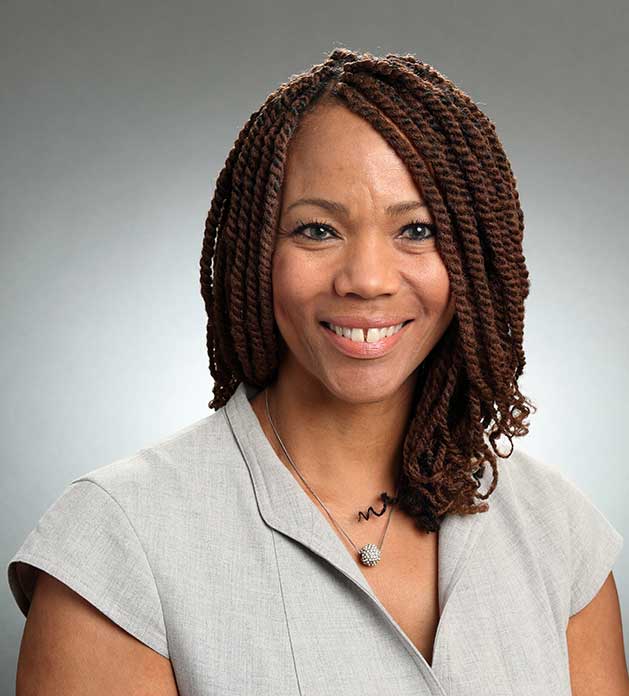 A WORD FROM THE EXECUTIVE DIRECTOR
A WORD FROM THE EXECUTIVE DIRECTOR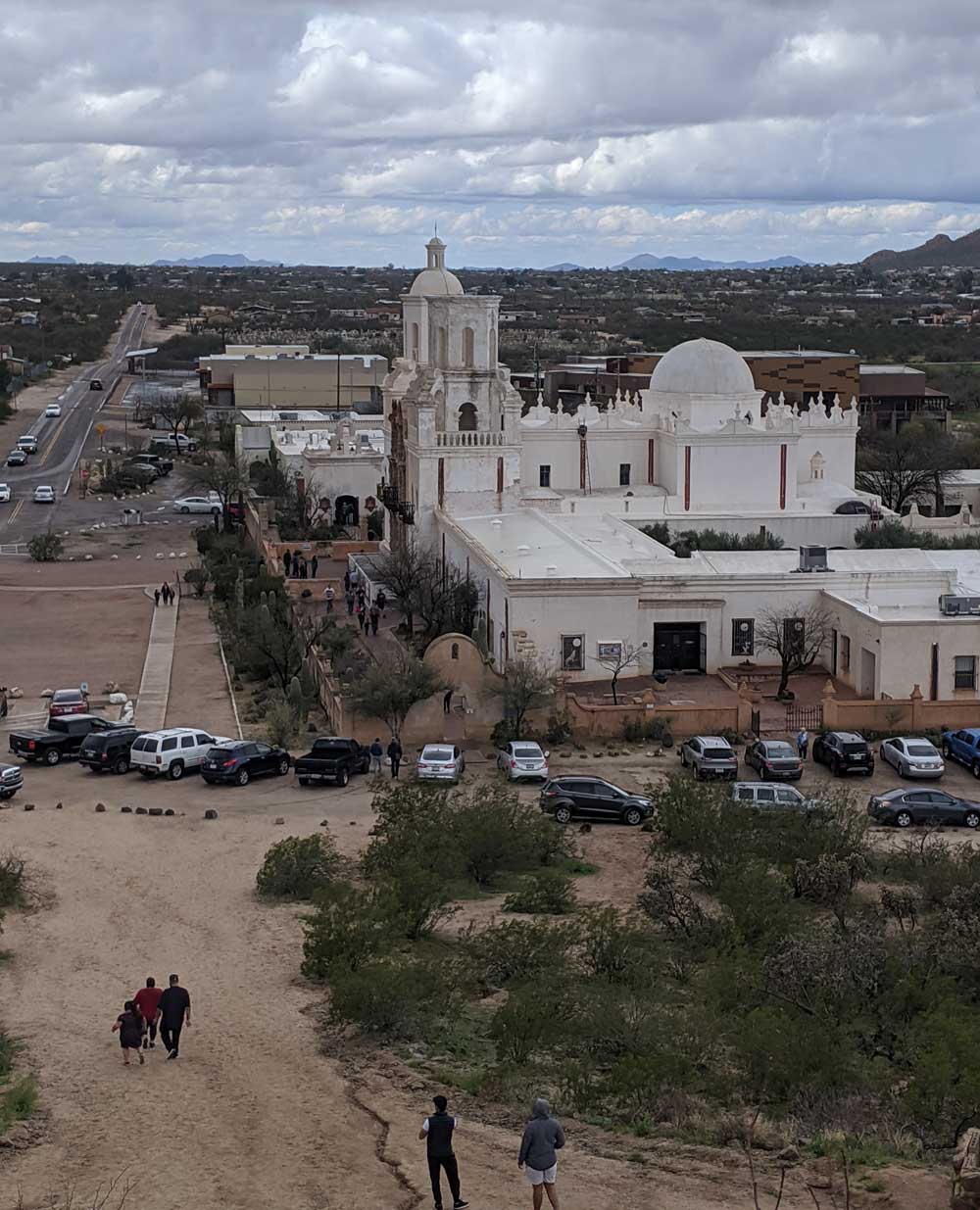
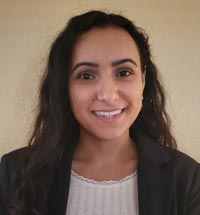 IMMIGRATION PRACTICE – STUDENT PERSPECTIVE
IMMIGRATION PRACTICE – STUDENT PERSPECTIVE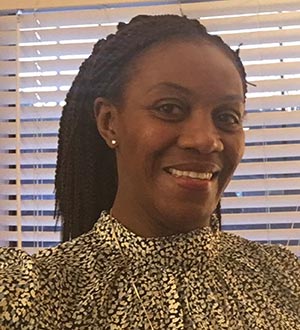 Alison Beach JD ’20
Alison Beach JD ’20